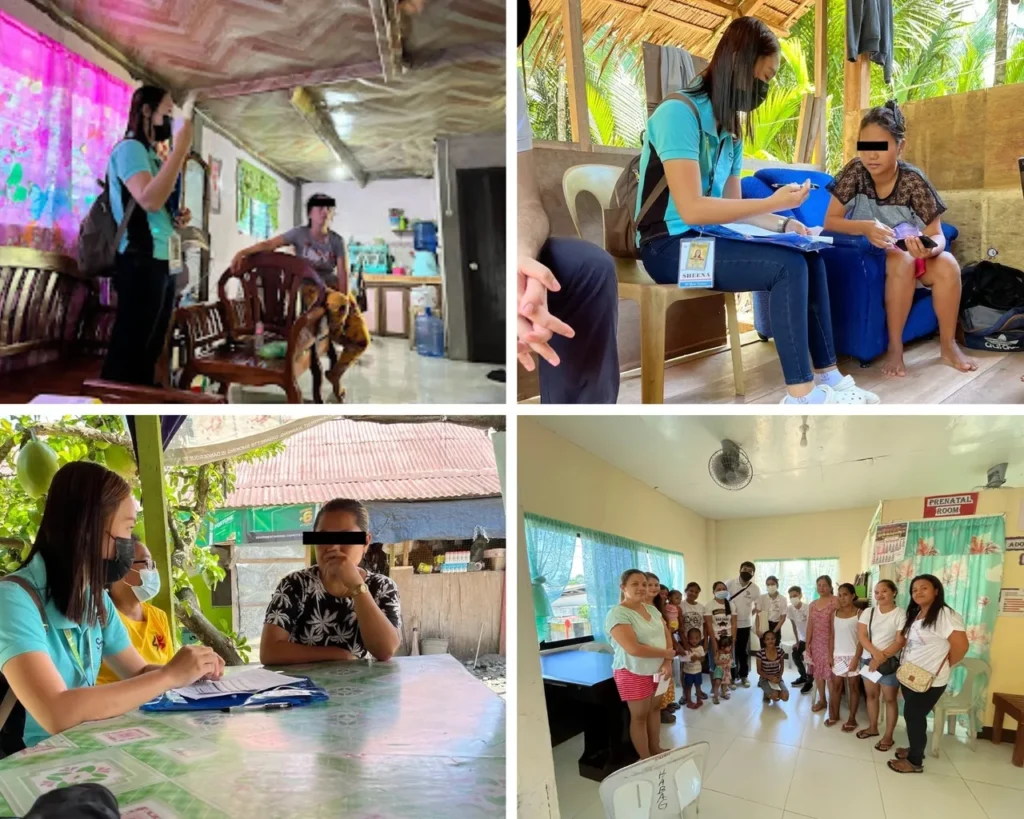Snapshot into PH public healthcare with Lanuza RHU Health Workers
Share this post:

The Philippines is a country that faces numerous health challenges, particularly in the area of reproductive health. With a population of over 110 million people, the demand for access to modern contraceptive methods is high. In recent years, the government has made significant strides toward improving access to family planning services, but there is still much work to be done.
In Lanuza, a small coastal town in Surigao del Sur, a group of dedicated health workers are working to provide access to modern contraceptive methods to women of reproductive age. The Lanuza Rural Health Unit (RHU) is a primary healthcare facility that serves as the main provider of health services in the area. It is here that the USAID-funded study of CareGo Health Suite is focusing on the uptake of oral contraceptive pills by women of reproductive age.
The experiences of women in accessing modern contraceptive methods like oral contraceptive pills are varied. Some women find it easy to access these methods, while others face significant challenges. The health workers at the Lanuza RHU have identified adherence to the daily uptake of pills as one of the challenges that women face. Taking a pill every day at the same time can be difficult, particularly for women who lead busy lives or who have irregular schedules.
We’ve also noted during our house-to-house visits that some women experience serious adverse effects like bleeding, and nausea whenever they miss a pill or two. Despite this, Oral Contraceptive Pills remain to be the popular choice because the other long-acting methods have long-term side effects.
The socioeconomic impact of unintended pregnancies is significant. Women who become pregnant unintentionally often face financial challenges, particularly if they are low-income wage earners. The cost of raising a child can be high, and many families struggle to make ends meet. This is why access to modern contraceptive methods is so important.
Despite the challenges, the women of Lanuza are intent and willing to adopt these methods. Poverty and the difficulties in raising a family as low-income wage earners are driving factors in their decision to adopt modern contraceptive methods. The health workers at the Lanuza RHU are working hard to ensure that these women have access to the information and resources they need to make informed decisions about their reproductive health.
The work being done by the health workers at the Lanuza RHU is critical to improving access to modern contraceptive methods in the Philippines. The challenges faced by women of reproductive age in accessing these methods are significant, but the intent and willingness of the women to adopt them highlight the importance of this work. As the government continues to invest in improving access to family planning services, it is essential that the experiences of women in geographically isolated and disadvantaged areas like Lanuza are taken into account. Only then can we truly create a healthcare system that works for everyone.
